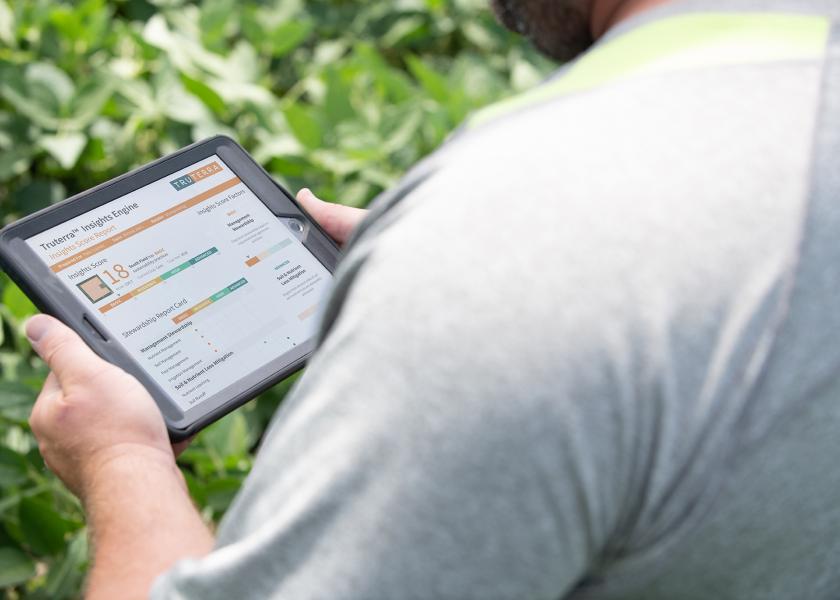Truterra and AGI Collaborate to Streamline Ag Retail’s Data Demands

In a pilot program, Truterra and AGI are exploring how to automate and streamline ag data for ag retailers.
One goal of the project is to have carbon market enrollment easier for retailers as they assist farmers with exploring those opportunities.
In 2021, Truterra Carbon sequestered 200,000 metric tons of carbon and generated $4 million in payments to farmers (average payment per participant was $20,000, the highest more than $100,000).
“We are excited to be teaming up with AGI’s Farmobile technology to deliver this new solution for farmers and ag retailers. We hear consistently that one of the biggest barriers to participating in carbon markets is the significant time and cost of entering all of the data these programs require,” said Mariah Murphy, Senior Manager of Member Owner Engagement with Truterra. “Making the process of collecting, uploading, and managing their own data easier for farmers will be critical to supporting those looking to implement advanced management practices and improve the possibility of being financially rewarded for that work.”
The AGI/Truterra pilot is being explored by a “subset of ag retailers.” The Farmobile technology AGI has in the field creates a third-party electronic field record which can be used to fulfill the data requirements of carbon programs, such as Truterra Carbon.
“Bringing together the Farmobile data as a service and Truterra platforms will be a game changer for farmers and retailers by allowing them to more efficiently gather and leverage their sustainability data,” said Bradford Warner, Vice President, Business Development and Sustainability, Farmobile. “Recent surveys have shown that nearly two thirds of farmers do not currently use farm-level data software. There is a huge need and opportunity to get farmers the tools they need to auto collect and manage robust data about their cropping operations with as little burden as possible so they can get the most out of every digital acre for profitability and sustainability.”







